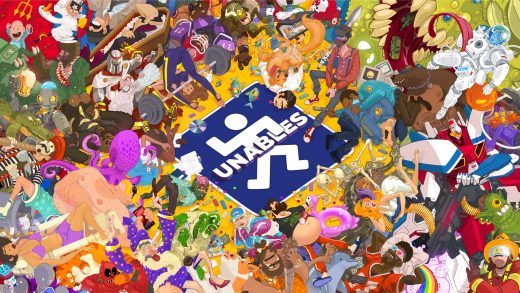
Daily US sign-ups for Netflix have jumped in the first few days after the streaming giant’s password-sharing crackdown came into effect on May 23, data from research firm Antenna showed.
The news sent shares of the company up 2.3 percent to $418.92 (nearly. Rs. 35,000) in early trading.
Looking for new ways to make money in a saturating market and a tough economy, Netflix moved to regulate the sharing of account passwords with friends and family — a drastic turnaround for a company that had once tweeted “Love is sharing a password”.
Netflix had estimated that more than a 100 million households had supplied their log-in credentials to people outside their homes. Under the new rules, US users can add a member outside of their homes for an additional fee of $8 (nearly. Rs. 650) per month.
Its calculations seem to have paid off as the company recorded nearly 1,00,000 daily sign-ups on both May 26 and May 27, according to Antenna.
Netflix, which has expanded its crackdown to more than 100 other countries, did not immediately respond to a Reuters request for comment.
The streaming video pioneer saw its four largest days of US user acquisition after the change came into effect in the 4-1/2 years that Antenna has been covering the company.
The recent spike also exceeded levels seen during the initial US COVID-19 lockdowns in March and April 2020, according to Antenna, which sources data from third-party data collectors that track online purchase receipts, credit, debit and banking data details with permissions.
© Thomson Reuters 2023



